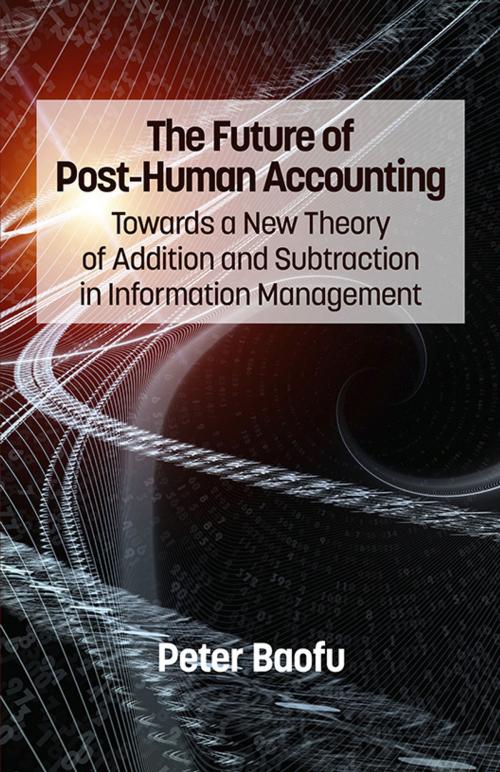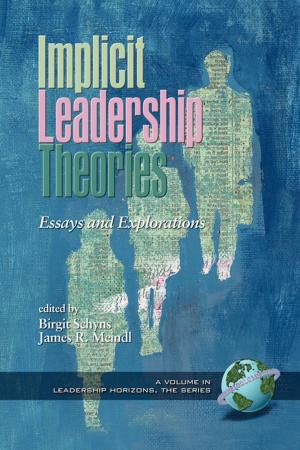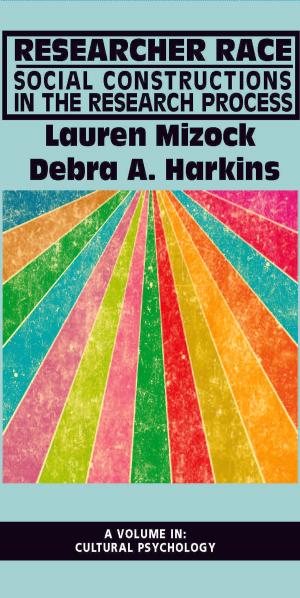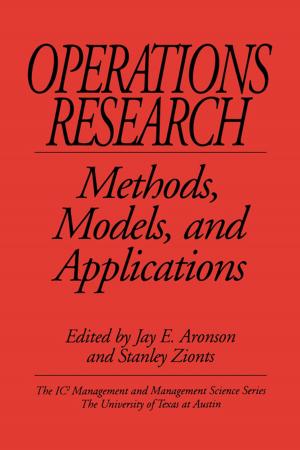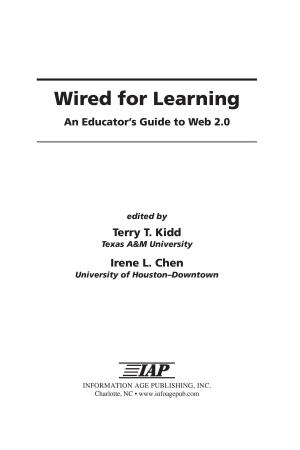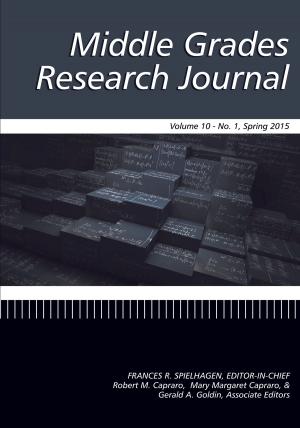The Future of PostHuman Accounting
Towards a New Theory of Addition and Subtraction in Information Management
Business & Finance, Accounting, Management, Nonfiction, Reference & Language, Education & Teaching, Teaching, Teaching Methods| Author: | Peter Baofu | ISBN: | 9781623966843 |
| Publisher: | Information Age Publishing | Publication: | June 1, 2014 |
| Imprint: | Information Age Publishing | Language: | English |
| Author: | Peter Baofu |
| ISBN: | 9781623966843 |
| Publisher: | Information Age Publishing |
| Publication: | June 1, 2014 |
| Imprint: | Information Age Publishing |
| Language: | English |
Is the invention of accounting so useful that, as Charlie Munger once said, “you have to know accounting. It's the language of practical business life. It was a very useful thing to deliver to civilization. I've heard it came to civilization through Venice which of course was once the great commercial power in the Mediterranean”? (WOO 2013) This positive view on accounting can be contrasted with an opposing view by Paul Browne that “the recent [accounting] scandals have brought a new level of attention to the accounting profession as gatekeepers and custodians of social interest.” (DUM 2013) Contrary to these opposing views (and other ones as will be discussed in the book), accounting (in relation to addition and subtraction) are neither possible (or impossible) nor desirable (or undesirable) to the extent that the respective ideologues (on different sides) would like us to believe. Of course, this reexamination of different opposing views on accounting does not mean that the study of addition and subtraction is useless, or that those fields (related to accounting)—like bookkeeping, auditing, forensics, info management, finance, philosophy of accounting, accounting ethics, lean accounting, mental accounting, environmental audit, creative accounting, carbon accounting, social accounting, and so on—are unimportant. (WK 2013) In fact, neither of these extreme views is plausible. Rather, this book offers an alternative (better) way to understand the future of accounting in regard to the dialectic relationship between addition and subtraction—while learning from different approaches in the literature but without favoring any one of them (nor integrating them, since they are not necessarily compatible with each other). More specifically, this book offers a new theory (that is, the doublesided theory of accounting) to go beyond the existing approaches in a novel way and is organized in four chapters. This seminal project will fundamentally change the way that we think about accounting in relation to addition and subtraction from the combined perspectives of the mind, nature, society, and culture, with enormous implications for the human future and what I originally called its “posthuman” fate.
Is the invention of accounting so useful that, as Charlie Munger once said, “you have to know accounting. It's the language of practical business life. It was a very useful thing to deliver to civilization. I've heard it came to civilization through Venice which of course was once the great commercial power in the Mediterranean”? (WOO 2013) This positive view on accounting can be contrasted with an opposing view by Paul Browne that “the recent [accounting] scandals have brought a new level of attention to the accounting profession as gatekeepers and custodians of social interest.” (DUM 2013) Contrary to these opposing views (and other ones as will be discussed in the book), accounting (in relation to addition and subtraction) are neither possible (or impossible) nor desirable (or undesirable) to the extent that the respective ideologues (on different sides) would like us to believe. Of course, this reexamination of different opposing views on accounting does not mean that the study of addition and subtraction is useless, or that those fields (related to accounting)—like bookkeeping, auditing, forensics, info management, finance, philosophy of accounting, accounting ethics, lean accounting, mental accounting, environmental audit, creative accounting, carbon accounting, social accounting, and so on—are unimportant. (WK 2013) In fact, neither of these extreme views is plausible. Rather, this book offers an alternative (better) way to understand the future of accounting in regard to the dialectic relationship between addition and subtraction—while learning from different approaches in the literature but without favoring any one of them (nor integrating them, since they are not necessarily compatible with each other). More specifically, this book offers a new theory (that is, the doublesided theory of accounting) to go beyond the existing approaches in a novel way and is organized in four chapters. This seminal project will fundamentally change the way that we think about accounting in relation to addition and subtraction from the combined perspectives of the mind, nature, society, and culture, with enormous implications for the human future and what I originally called its “posthuman” fate.
